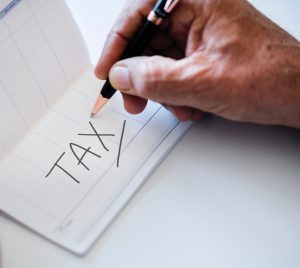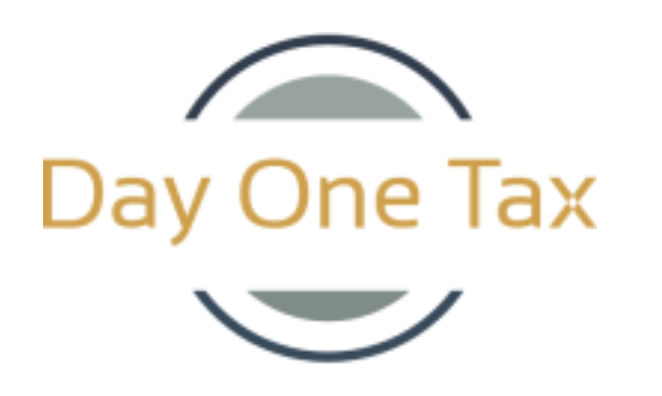Overview of corporation income tax in Japan

-
What really is corporation income tax? Who needs to file it?
Your corporation basically has to pay taxes on income. And all corporations must file a corporation income tax return every year even if there is no profit. Corporation income tax includes national corporation income tax, local corporation income tax, enterprise tax, corporation inhabitant tax, special local corporation tax (We usually call these ‘corporation income tax’). Your company has to pay taxes when it has no profit? Yes, one of corporation inhabitant taxes is imposed on paid in capital, so you would usually pay at least JPY 70,000 per year even if you have no profit.
-
How about the tax rate?
As mentioned above, there are different types of taxes, and these have different tax rates (and some is not imposed on income). In addition, the tax rates can vary depending on the size (e.g. amount of share capital) of your company, income, and where your office is located. Therefore, it is difficult to know the accurate tax rate for your corporation. But the effective tax rate is said to be around 30%, so if your annual income is JPY 10,000,000, you are expected to pay approximately JPY 3,000,000 as the corporation income tax.
-
When do I need to file the return?
The corporation income tax return has to be filed no later than two months after the end of each tax year. The tax year means corporation’s fiscal year so you are able to determine the tax year-end (usually end of month).
However, some corporations are able to file the return after the above due date. For example, some corporations hold their ordinary general meeting within three months after the fiscal year-end as it is allowed by Japan Company Act. And they are able to file the return within three months after the fiscal year-end. To obtain this benefit, you need to submit the application to Japan tax office in advance.
Example: If corporation’s tax year-end is 31st December, the filing due date is 28th February (if one month filing extension is available, the filing due date is 31st March).
-
When do I need to pay the tax?
You have to pay the taxes by the filing due date above. But one thing different to the filing rule is that there is no payment due date extension. Thus, you can file the return by 31st March but have to pay the taxes by 28th February in the example above. Otherwise, you may pay the penalty.
Explained overview of corporation income tax. Want to know about our tax return service? Click here.
